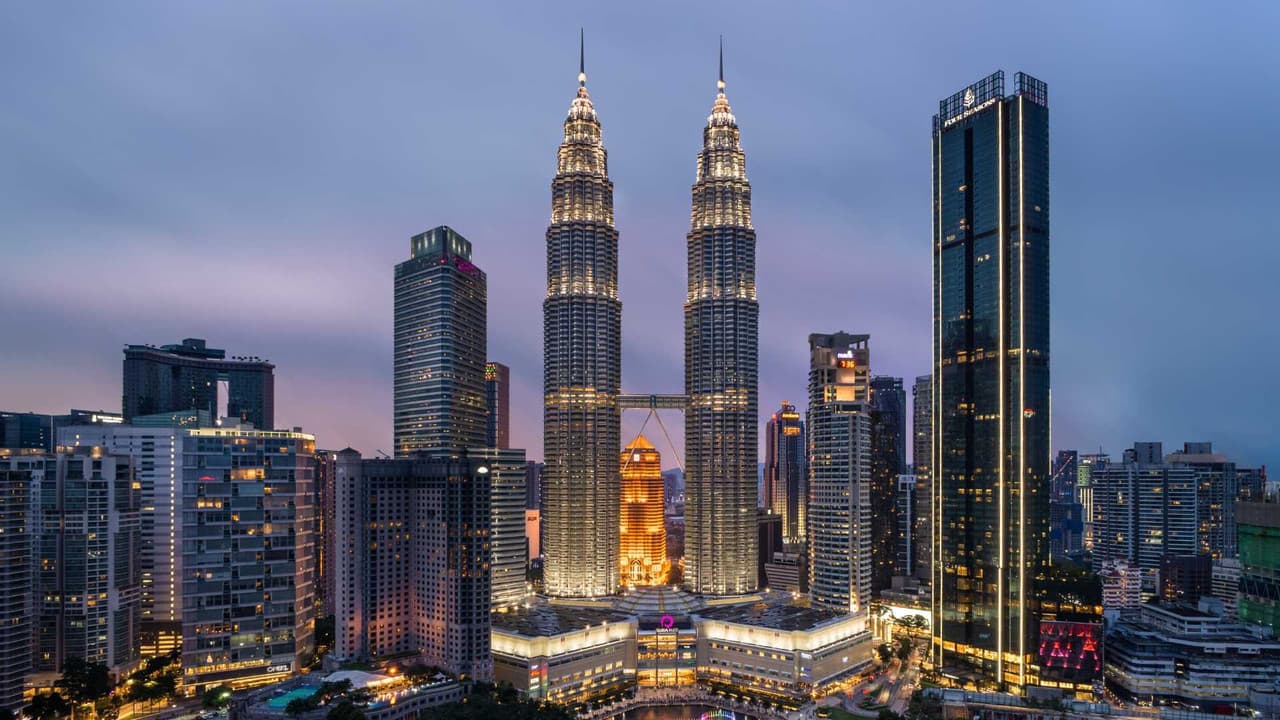Navigating employment relationships in Malaysia involves understanding a complex framework of laws and regulations designed to protect both employers and employees. Despite clear legal guidelines, disputes can arise, ranging from disagreements over terms and conditions of employment to more serious issues like unfair dismissal or discrimination. Effectively managing these potential conflicts requires a thorough understanding of the available resolution mechanisms and the importance of proactive compliance with labor laws.
Ensuring legal compliance is not just about avoiding penalties; it's fundamental to fostering a fair and productive work environment. Employers operating in Malaysia must stay updated on legislative changes, adhere to statutory requirements regarding wages, working hours, leave, and safety, and establish clear internal policies. When disputes do occur, knowing the proper channels for resolution is crucial for achieving timely and equitable outcomes.
Labor Courts and Arbitration Panels
Malaysia's system for resolving employment disputes primarily involves two key bodies: the Labour Court and the Industrial Court. The Labour Court handles claims related to wages, benefits, and other terms of employment as defined by the Employment Act 1955, typically for employees earning below a certain threshold or engaged in manual labor. Proceedings are generally less formal and aim for swift resolution.
The Industrial Court, on the other hand, deals with trade disputes and representations concerning dismissals without just cause or excuse, regardless of the employee's salary level. Its primary function is to promote industrial harmony. Cases often involve conciliation efforts facilitated by the Department of Industrial Relations before proceeding to a hearing. The Industrial Court's awards are binding and final, though judicial review is possible in the High Court on points of law.
| Forum | Jurisdiction | Typical Cases | Process |
|---|---|---|---|
| Labour Court | Claims under Employment Act 1955 (wages, benefits, etc.) for certain employees | Unpaid wages, overtime claims, termination benefits | Less formal, focuses on statutory entitlements |
| Industrial Court | Trade disputes, unfair dismissal claims | Unfair dismissal, collective bargaining disputes | Conciliation, formal hearing, binding awards |
Compliance Audits and Inspections Procedures
The Department of Labour Peninsular Malaysia (JTKSM) is the primary authority responsible for enforcing labor laws. JTKSM conducts regular and ad-hoc inspections and audits of workplaces to ensure compliance with the Employment Act 1955, Minimum Wages Act 2012, and other related legislation. These inspections can be triggered by complaints, routine checks, or specific campaigns targeting certain industries or compliance areas.
During an inspection, officers may examine employment records, payroll documentation, working hours, leave records, and workplace conditions. They may also interview employees and management. Employers found to be non-compliant may face warnings, fines, or prosecution depending on the severity and nature of the breach. While there isn't a fixed frequency for all businesses, companies should be prepared for potential inspections at any time. Proactive internal audits are recommended to identify and rectify issues before an official inspection.
Reporting Mechanisms and Whistleblower Protections
Employees in Malaysia have several avenues for reporting workplace issues. Internal company grievance procedures are often the first step. If internal resolution fails or is inappropriate, employees can lodge complaints with the Department of Labour regarding breaches of the Employment Act or other labor laws. For issues related to industrial relations or unfair dismissal, complaints are lodged with the Department of Industrial Relations, which facilitates conciliation.
Malaysia also has the Whistleblower Protection Act 2010, which provides protection to individuals who report improper conduct within an organization or to enforcement agencies. This Act aims to encourage reporting by protecting whistleblowers from detrimental action, such as harassment, dismissal, or discrimination, provided the disclosure is made in accordance with the Act's provisions. Employers are prohibited from taking action against an employee who makes a protected disclosure.
International Labor Standards Compliance
Malaysia is a member state of the International Labour Organization (ILO) and has ratified several key ILO conventions covering fundamental principles and rights at work, such as freedom of association, the right to collective bargaining, the elimination of forced labor, the abolition of child labor, and the elimination of discrimination in respect of employment and occupation.
While ILO conventions do not automatically become part of domestic law upon ratification, they influence the development and interpretation of Malaysian labor legislation and policy. Compliance with international labor standards is increasingly important for businesses, particularly those involved in international trade or supply chains, as it reflects a commitment to ethical labor practices and corporate social responsibility.
Common Employment Disputes and Resolutions
Several types of disputes commonly arise in the Malaysian workplace. Understanding these and their typical resolution paths is essential for effective management.
| Common Dispute Type | Description | Primary Resolution Path(s) |
|---|---|---|
| Unfair Dismissal | Termination of employment without just cause or excuse. | Conciliation (Dept. of Industrial Relations), Industrial Court |
| Wage and Benefit Claims | Disputes over unpaid wages, overtime, allowances, or termination benefits. | Labour Court |
| Discrimination/Harassment | Issues related to unfair treatment based on protected characteristics or workplace harassment. | Internal grievance, Labour Court, potentially civil courts |
| Breach of Contract | Violation of terms outlined in the employment contract. | Labour Court, Civil Courts |
| Redundancy/Retrenchment | Disputes over the process or compensation during workforce reduction. | Conciliation (Dept. of Industrial Relations), Industrial Court |
Resolution typically begins with internal grievance procedures. If unresolved, statutory mechanisms like conciliation at the Department of Industrial Relations or claims filed with the Labour Court or Industrial Court are pursued. Legal remedies can include reinstatement, back wages, compensation in lieu of reinstatement, or other orders deemed appropriate by the respective court.
Employ top talent in Malaysia through our Employer of Record service
Book a call with our EOR experts to learn more about how we can help you in Malaysia







Book a call with our EOR experts to learn more about how we can help you in Malaysia.
Trusted by more than 1000 companies around the globe



